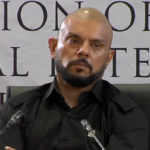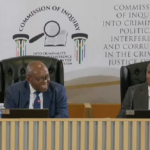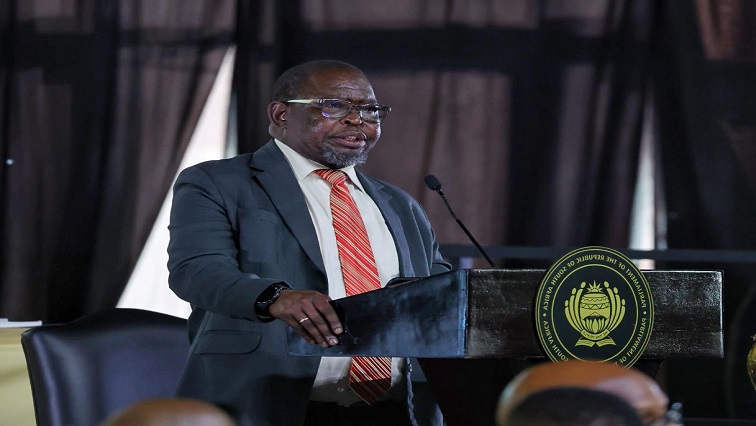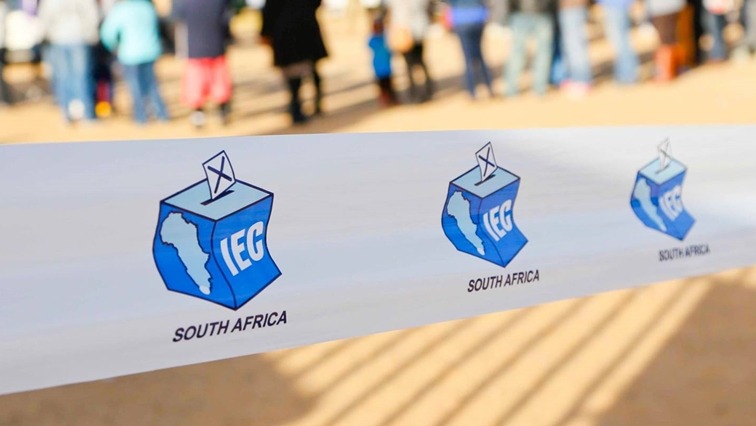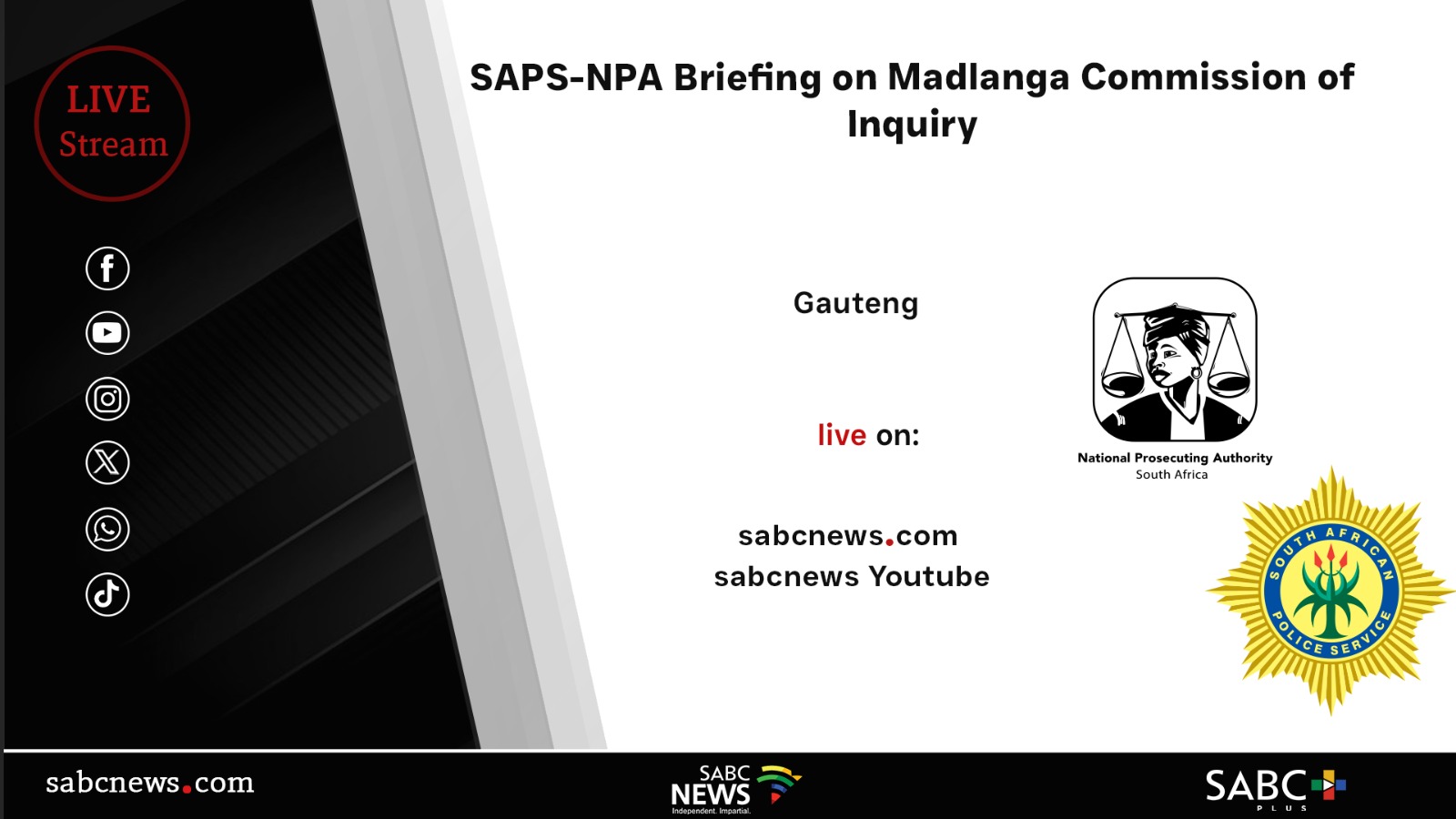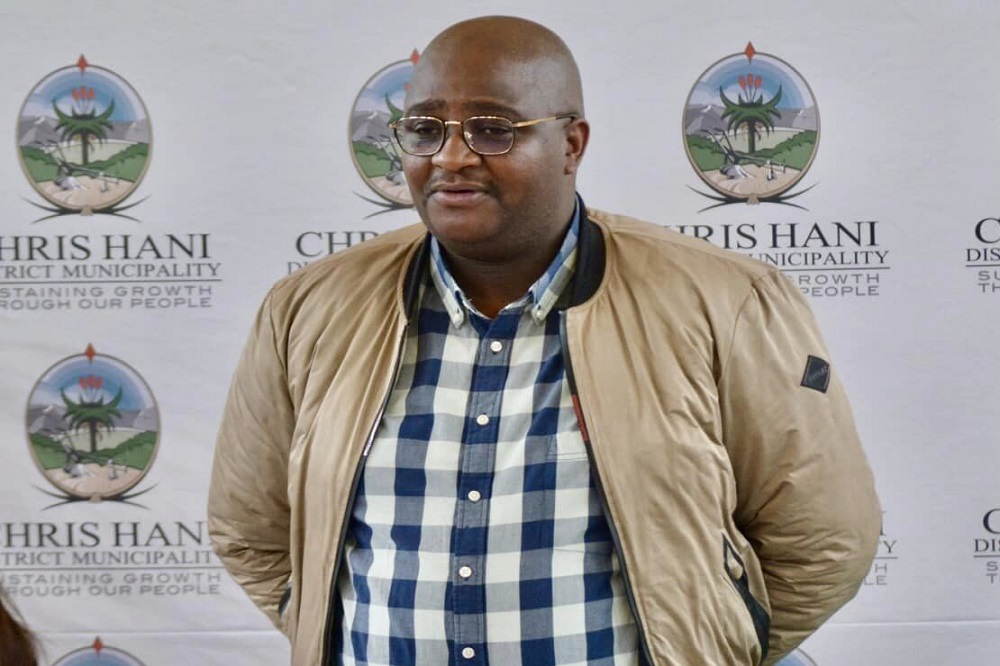-
Finance Minister Enoch Godongwana addresses the National Assembly Plenary Sitting for consideration of the 2025 Fiscal Framework and Revenue Proposals at Parliament, Cape Town on April 2, 2025.
The Economic Freedom Fighters (EFF) have filed papers in the Western Cape High Court to intervene in the Democratic Alliance’s (DA) bid to challenge the 2025/26 Budget.
The EFF seeks similar relief, which is to urgently suspend the 2025/26 Budget and to interdict the implementation of the said Budget pending the finalisation of part B, the main constitutional challenge. This as the party contends that adoption was unlawful and unconstitutional.
EFF National Spokesperson Sinawo Thambo says, “The court application is a necessary and principled intervention to protect the democratic character of Parliament and to ensure that the processes that determine the use of public resources are not reduced to unlawful and illegal processes by the ruling parties. The EFF is asking the court to declare the National Assembly’s adoption of the 2025 Fiscal Framework and Revenue Proposals as invalid and unconstitutional.”
On Sunday, Democratic Alliance (DA) leader John Steenhuisen said Parliament did not follow proper procedure when it adopted the 2025/2026 Fiscal Framework, insisting the entire process was unlawful and irregular.
Steenhuisen was campaigning in Phoenix, north of Durban, ahead of a by-election.
The DA rejected the half a percentage point VAT increase for this year that was supported by the ANC in Finance Minister Enoch Godongwana’s Budget.
The party has also filed papers in the Western Cape High Court challenging Parliament’s passing of the 2025 Fiscal Framework and Revenue Proposals.
“The process of Parliament adopted to process the Fiscal Framework was not in line with the Money Bills Amendment Act and I think that the court case will show that quite clearly, and it would be wrong for any party that respects due process and the rule of law to permit a process like that to remain unchallenged because it sets a precedent for how we will do it next year and the year after. And it’s very important that we do get legal clarity on that issue. The other matter that we’ve taken to court is, of course, the issue around the powers of a single minister without any reference to anybody else or Parliament to be able to raise VAT. We believe that that is a lacuna in the law and there just needs to be some legal clarity on that, given the fact that now budgets are going to be very different from the way Budgets have been processed in the last 30 years,” Steenhuisen explained.

